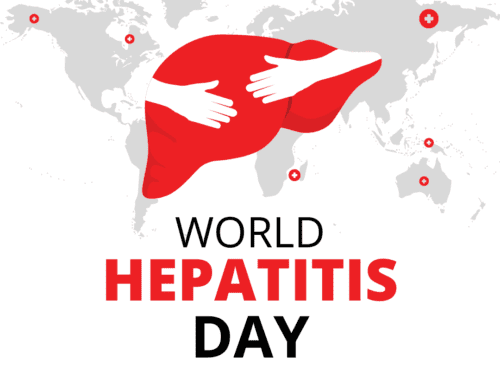Breast Cancer Awareness Month – Part II: Screening
On average, one out of eight women will be diagnosed with breast cancer. Do you know which screening test is best and when to start screening for breast cancer?
There is more than one type of screening test for breast cancer and there are varying recommendations from different organizations. Education with individualized planning (based on your personal risk for breast cancer) can help determine the best screening test for you.

Mammography is the most common screening test for breast cancer
A mammogram is a low-dose X-ray of your breasts and can find cancer early.
Different experts have varying advice for when to initiate screening and how frequently to screen average-risk women ages 40 to 49. All experts agree that at a minimum screening should occur at least every 2 years between ages of 50-74.
For average-risk women screening mammography can be performed every one to two years based on patient preference.
Magnetic resonance imaging (MRI) may be used to screen women who have a high risk of breast cancer
MRI is a procedure that uses a magnet, radio waves, and a computer to make a series of detailed pictures of areas inside the body. MRI does not use any x-rays and there is no exposure to radiation.
For women with moderately increased risk factors (based on breast density, reproductive history, and hormonal history), breast ultrasound in conjunction with mammogram or a MRI can be considered on an individual basis.
Use of MRI for supplemental screening in women with dense breast tissue has shown higher rates of detection, but there is no evidence that health outcomes are improved overall.
Women with high risk factors (based on a history of chest radiation, ancestry, genes and genetic conditions) may benefit from more frequent screening with enhanced modalities. Obtaining annual MRI and/or consultation to consider risk reduction treatment and intensification of surveillance are viable options.
It is clear that the type and timing of breast cancer screening is highly personalized. You should discuss your risk factors with your board-certified physician so that you can make an informed decision about breast cancer screening.
This is part TWO of a THREE part series on Breast Cancer Awareness.
Never miss another “Mondays with your MD!”
Sign up below
Never miss another “Mondays with your MD!”
Sign up below





